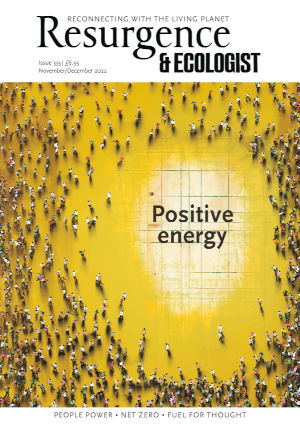Coalescing over 200 years of work by thousands of scientists, Otherlands takes its readers through 550 million years of the Earth’s history, giving shape to the often linear and siloed storytelling our fossil records share. With his words, Thomas Halliday paints vibrant pictures of the ever-changing ecosystems that led to, or were victim of, the five extinction events in this planet’s history. While most readers might not find themselves drawn to a 352-page book written by a palaeobiologist, there is something special about the way this one is formed. The author weaves intricate vignettes from past ecosystems, offering a spiralling story of circularity, impermanence and codependence.
In some ways, this book becomes a middle ground for climate sceptics and environmentalists, reminding us that, yes, the Earth and her beings are in an ongoing process of life, death and rebirth, but the ‘natural’ state of change is slow (unless sped up by the unavoidable, such as impacts from space, eruptions, and glaciation). Halliday reminds us that while humans have been natural ecosystem engineers in one way or another for the past 20,000 years, our current speed of destruction – accelerated by the colonialism and industrialisation of the past few centuries – has us acting much more like an asteroid than like an individual species.
Though the general narrative of doom environmentalists (such as me) is always an option, Otherlands reminds us that there is also great hope. Thomas Halliday emphasises that collaboration almost always minimises crisis, and that coexistence is the only way to create a vibrancy of fossils to mark our time in the sun.






